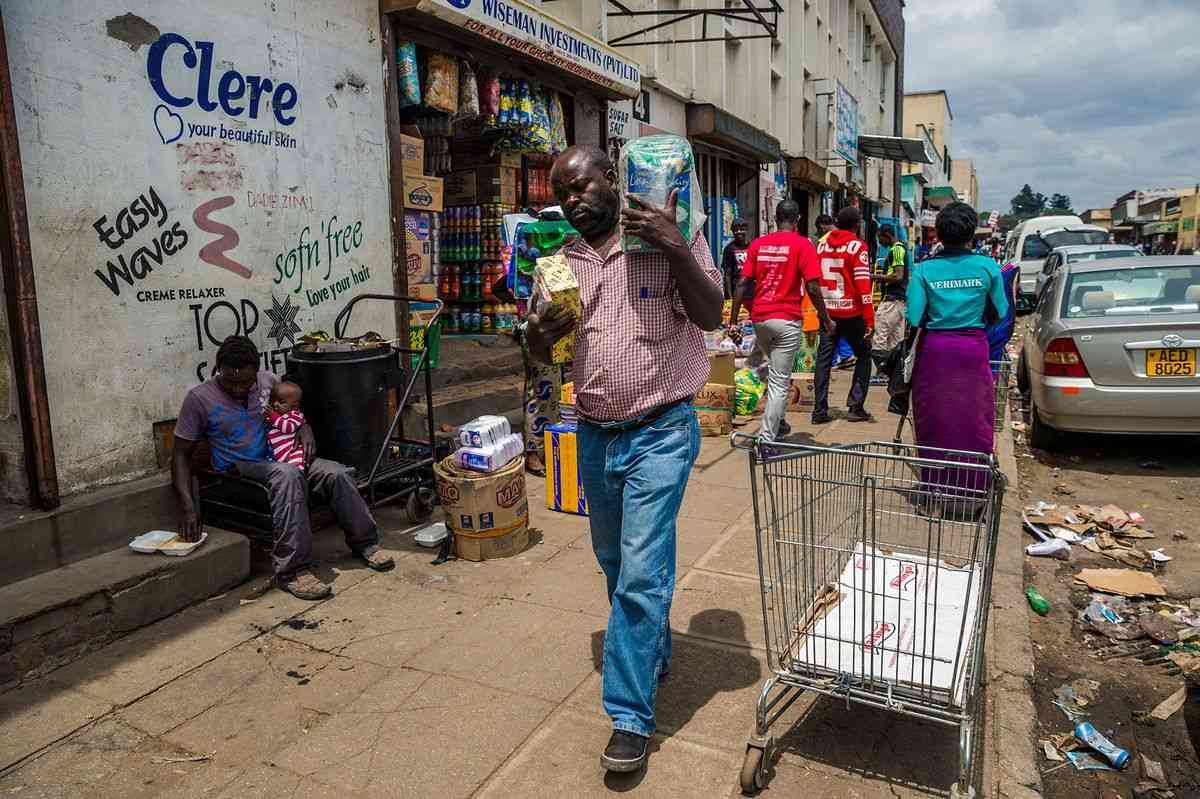
Consumers in Zimbabwe were this month selling off household assets to get money for food, a new report showed yesterday, warning of more pain in 2023.
The Famine Early Warning Systems Network (FewsNet) report, which covers December 2022, showed how difficult it was for many consumers this Christmas, as headwinds continued to defy interventions by policymakers to cool off currency jitters, and fight price hikes.
“Across the country, poorer households are increasingly engaging in agricultural and off-farm labour activities with the start of the agricultural season,” FewsNet said.
“However, labour rates remain below normal, especially in deficit-producing areas and communal farming areas, due to limited liquidity by better-off households to pay in cash or kind.
“Poorer households are increasing their reliance on bartering for food, selling household assets and livestock, migrating for labour, relying on social networks for support, and petty trade to earn income for food purchases to cope with below-average wage rates and income,” the report added.
The report showed that Zimbabwe’s currency suffered further knocks during the period as black-market activities eroded the unit’s value by a further 15%.
In August, the Reserve Bank of Zimbabwe injected over US$3 billion in gold coins to swing demand for greenbacks to the formal market and kill off the parallel market following a disastrous eight months.
In addition, government announced a review to its payment for public service supplies, as it tried to stem an inflation rage.
- Mavhunga puts DeMbare into Chibuku quarterfinals
- Bulls to charge into Zimbabwe gold stocks
- Ndiraya concerned as goals dry up
- Letters: How solar power is transforming African farms
Keep Reading
The currency’s value would depreciate by 70% during the nine months to September, according to banking sector reports.
The central bank’s strategy paid off briefly, but turmoil returned on the black market from November.
“Following relative macro-economic stability over the last few months, prices are likely to continue increasing into early 2023, further reducing the market access of poor households to basic food and other commodities,” the report said.
“Parallel market exchange rate increased by nearly 15% in December from November, trading between $850 $950 per US dollar, likely due to increasing demand for the Zimbabwe dollar and increased foreign currency inflows as the festive season begins,” it added.
“Additionally, widespread and prolonged national power cutsare negatively impacting most sectors of the economy, increasing the costsof production and reducing engagement in income-generating activities, thereby limiting household purchasing power and income,” FewsNet said.
Follow us on Twitter @NewsDayZimbabwe










